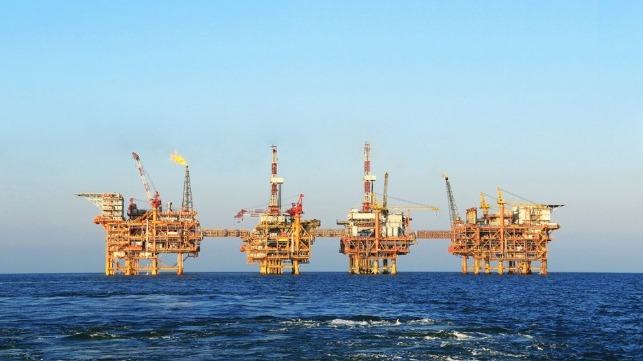
Carbon capture and storage continues to be one of the leading technologies, especially at production sites to help achieve the global goals for decarbonization. Multiple efforts are underway to advance the technology with news that China has launched its first model offshore CCS project. Similarly, South Korea announced that it has received class approval for the first design of a platform to be used in offshore carbon storage.
China National Offshore Oil Corporation (CNOOC) announced yesterday, August 30, that it has launched the country’s first offshore storage project as part of an oil field located approximately 118 miles Southeast of Hong Kong in the South China Sea. China has previously experimented primarily onshore exploring the potential for CCS.
CNOOC expects to extract and store up to 300,000 tons of CO2 annually from its Enping 15-1 oilfield with a total of 1.46 million tons of CO2 during the project’s lifetime. The CO2 will be injected into seabed reservoirs.
While the CNOOC project is the first to launch in China, other major Chinese oil companies are also actively pursuing CCS technology. Sinopec is also planning a CCS element for one of its new large projects in eastern China. CNOOC said that it hopes its project will serve as a catalyst for the expansion of the technology. CNOOC plans by 2025 to invest up to 10 percent of its annual budget on green energy projects.
In another advancement for CCS, Korea Shipbuilding & Offshore Engineering Co. and Hyundai Heavy Industries received an Approval in Principle (AiP) from DNV for an offshore platform to store carbon dioxide under the ocean floor. Designed as part of a project with the state-run Korea National Oil Corp., the platform will be used to inject CO2 into a decommissioned gas field located approximately 35 miles off South Korea’s coast. The field is due to end production in 2024 and the following year they plan to begin injecting CO2 into the old wells with the goal of storing 400,000 tons of CO2 each year for the next 30 years
Experts point out that there are about two dozen CCS projects in operation today with more than 30 additional pilot projects in development. By 2050, global CO2 capture and storage could top more than seven billion tons annually.
SOURCE READ THE FULL ARTICLE
https://www.maritime-executive.com/article/china-s-first-offshore-co2-ccs-project-south-korea-receives-dnv-aip